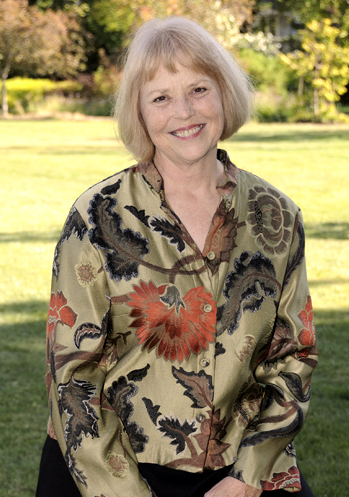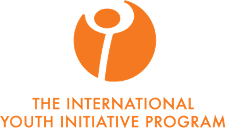Jane Lorand

Biography
Jane Lorand is an entrepreneur, former tax attorney, co-founder of the Green MBA, the first accredited MBA fully designed to reformulate how to do business sustainably. She works as a consultant to large corporations and state agencies, developing programs for public education, in fields such as electric deregulation and telecommunications.
She teaches Critical Thinking for Business Redesign and Diffusion of Innovation courses and is the leader of the Fort Baker Leadership Summitsto create a vision and guiding principles for a Sustainable Future for California. She is an educator and has owned/managed an organic catering company while raising five children.
A graduate of Hastings College of the Law, University of California, San Francisco, she spent three years at the Center for Critical Thinking developing curriculum, doing research, writing articles and teaching college and high school faculties how to transform their curriculum so students think more and memorize less. She also holds an MA in education and a BA in History from UCLA.
Workshop: Business and sustainability
Introduction
- For today’s businesses, there exist two distinct paradigms about what is real and important. Business-As-Usual practices are remarkably consistent globally, and are based on two foundational beliefs:
- Everything is Separate and
- Materialism is the Only Reality.
- Sustainability Entrepreneurs and Sustainability Companies are remarkably consistent globally as well, and their work is based on two different foundational beliefs:
- Everything is Connected and
- Spirit and Matter Co-exist to Form Reality.
- Logical, internally consistent systems based on these ontologies play out in the marketplace and create both confusion and threads of coherence toward the future of life on the planet.
Outline
Whether in business or community development, new ideas don’t always take off. Or if they take off, then don’t have the stamina to withstand the crosswinds. If we want to change the world with our ideas, we need to test them. In October we will explore the questions “Is my idea a good idea?” and “What is the nature of complexity management and how does it help us align our work with reality?”
